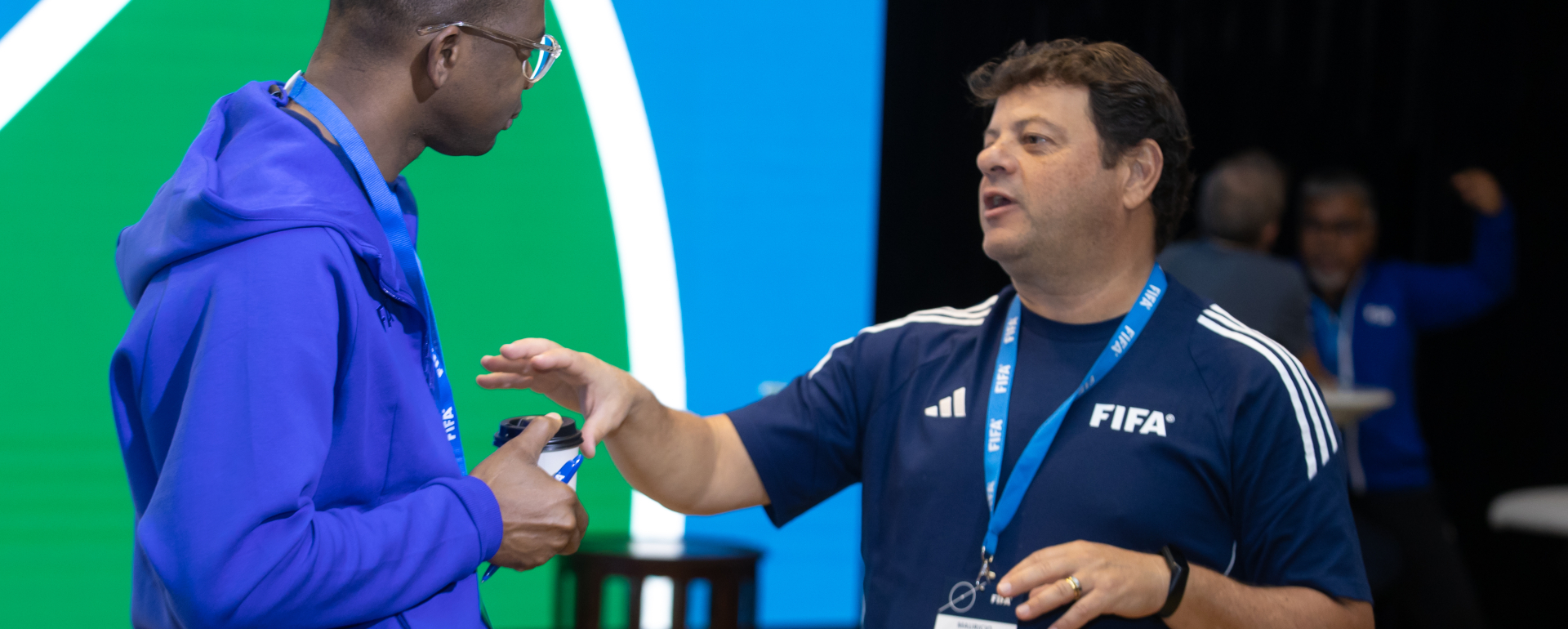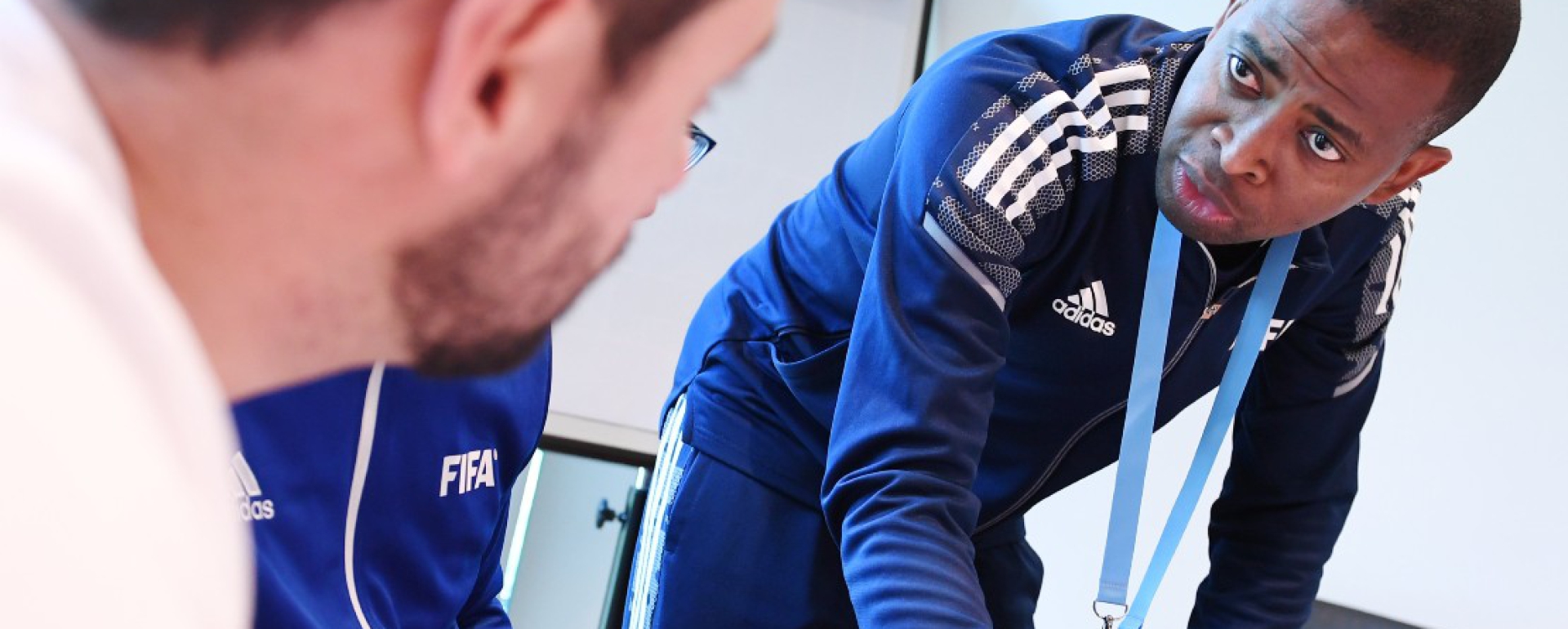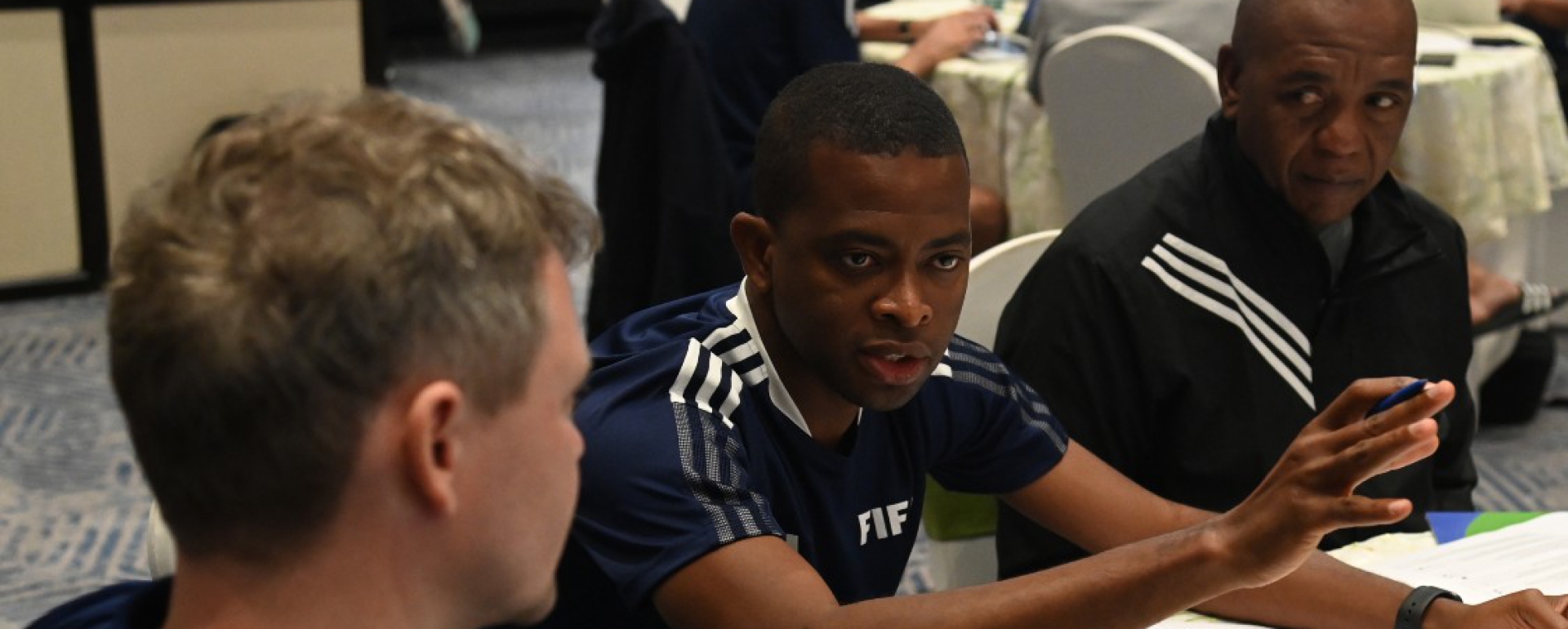"When we delved into FIFA Ecosystem Analysis, it became evident that African youth national teams lack sufficient competition opportunities. For many, the first time they assemble a national team is when they're gearing up for the FIFA U-17 World Cup qualifiers," said Ulf Schott, FIFA’s Head of High Performance. Unlike some other confederations, African teams don't often get the chance to participate in U15 development tournaments.
“So as part of FIFA Talent Development Scheme (TDS), we quickly realized it made sense to target an age group just below that, giving them exposure to international matches at an early age," Schott continues. "We also wanted them to operate in an environment where winning wasn't the sole focus, allowing coaches and players to make mistakes and learn."
The report provides a series of calls to action, which indicate practical steps towards improvement that can be taken by MAs and other stakeholders involved in the development of young players
When it comes to gaining experience from these developmental tournaments, it's more than just the time spent on the pitch. Coaches and staff gain valuable experience in competition and organization; talents need to be identified and reached out to, and a cohesive squad needs to be assembled.
FIFA’s High Performance team seized the opportunity to invite the participating teams in Morocco to a coaching workshop, discussing key findings from the recent FIFA U-17 World Cup, sharing best practices, and delving into coach education.
"We discussed how successful teams quickly regain possession after losing the ball – something African teams are a bit slow at," adds Abdul Faisal Chibsah, FIFA High Performance Specialist. "Also, the international game is becoming increasingly compact, whereas most African games tend to be more open, leaving more gaps for opponents to exploit. The most competitive teams globally are getting stronger in 1v1 situations, breaking lines, and disrupting the opposition’s compactness."
Workshops like this will not only enhance the benefits of developmental tournaments but also address another crucial aspect: Players on the continent often lack exposure to quality coaching at a young age. "While the technical skills are there – there's an abundance of raw, natural talent – there's a gap in game understanding and decision-making processes," continues FIFA’s High Performance Specialist.
International tournaments like this one also serve as a catalyst for clubs and national associations to collaborate in nurturing their talents by establishing individual development programs for players – a logical process that requires consistent application to be as effective as possible.
As a prototype, there is now hope that this successful tournament will inspire many other associations to follow suit across different parts of the continent, ultimately benefiting football in Africa




